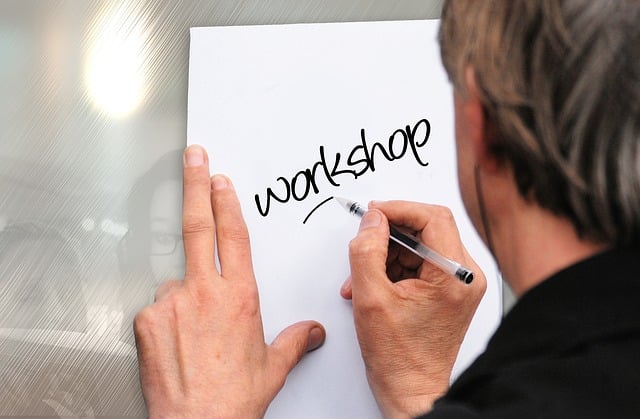Thank you to all the writers from our community and beyond who submitted proposals for the Colorado Gold Conference. As I finish my third year on the workshop selection committee, I’d like to share some insights on what makes a winning proposal.
- Original content or a fresh approach. Our selection committee receives dozens of proposals on topics like Point of View, Dialogue and Character Relationships, so if you plan to pitch a fundamentals workshop, make sure to explain how your unique method will benefit writers who have attended similar classes in the past. Generic proposals rank poorly, as do those that are too niche. Aim for a widely appealing subject matter with a unique spin supported by your own background or expertise.
- Organization. A buzzy blurb is important, but several proposals fell short in the description column. A winning submission provided enough information (3ish paragraphs or a robust outline) to help us understand the focus and structure of the workshop without making our eyes glaze over. A concise description promotes confidence that the workshop will be likewise organized.
- Background. We are looking for a range of presenters with diverse backgrounds, both personally and professionally: indie and traditionally published, new and seasoned writers. Include any educational or professional experience that may be relevant to your topic; for instance, if you want to teach a workshop on remote settings and you work for the Forest Service, be sure to mention it!
- References/reputation. Choose references who have seen you present, even if it wasn’t in a writing conference setting. Get involved in RMFW in other ways. Our organization’s reputation relies heavily on the annual conference and we are more likely to take a chance on a presenter if another member can vouch for their professionalism.
- Persistence. There were so many tremendous proposals this year it was difficult to choose. If your workshop is not selected, that doesn’t mean you or your ideas were lacking. It might simply be that your topic was too similar to another proposal, or to last year’s offerings. Consider revising your proposal by the above guidelines and trying again next year. In the mean time, ask questions, do research. Attend other workshops. If you feel your expertise may be lacking in certain categories, try partnering with another writer who compliments your strengths and areas for growth.
Best of luck to all this year! It was an honor to review your proposals.
Image by geralt on Pixabay

